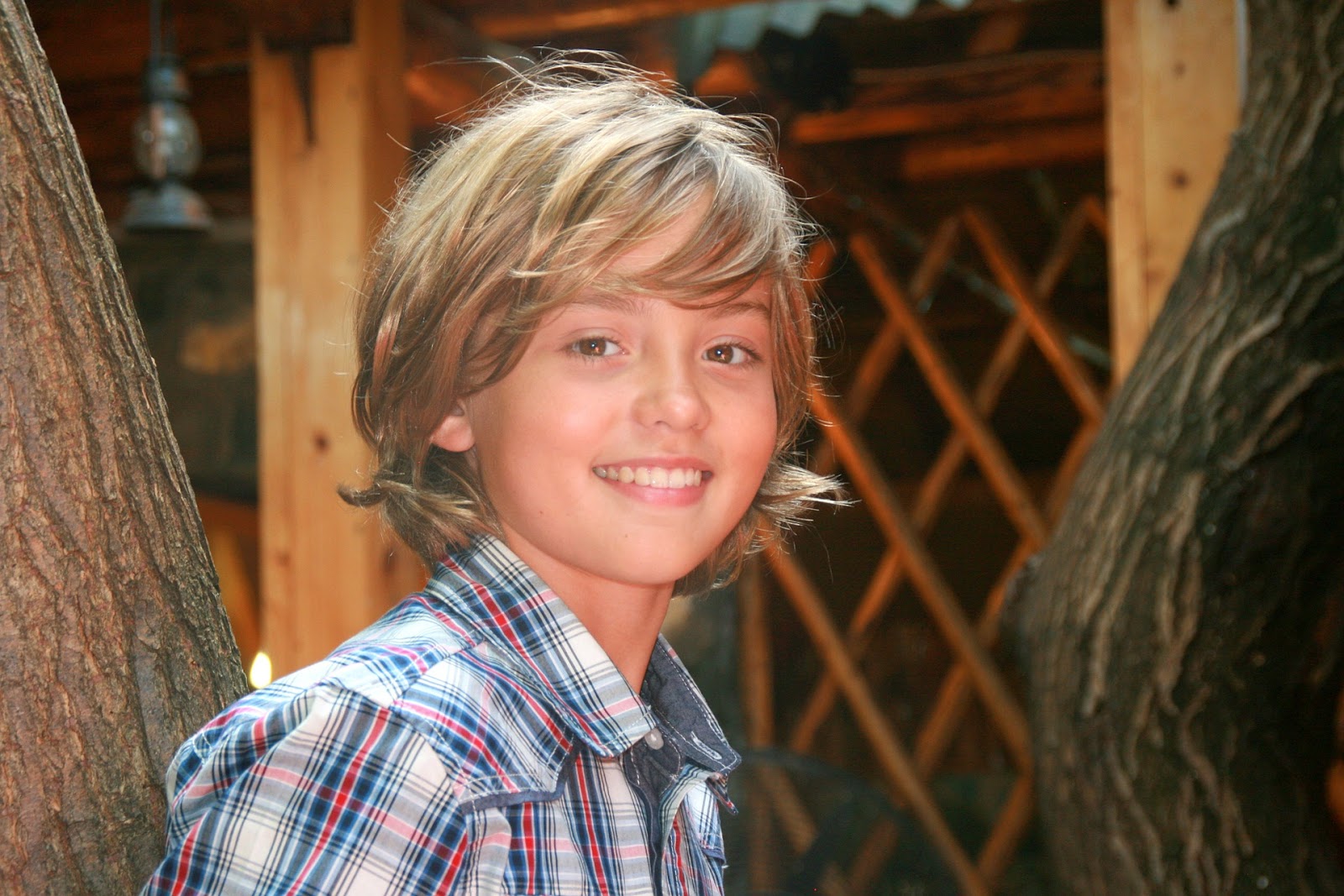
Montessori education is designed to help all children reach their full potential at their own unique pace. This is equally true for children who have learning challenges and those who are considered gifted learners. I was reminded of this when I had a gifted student begin our elementary classroom. Ty, as we will call him, inspired me to provide new ways to enrich his learning and help him reach his full potential. Key to Ty’s success was the flexible and individual nature of the Montessori learning environment, strong communication with Ty’s parents, and Ty’s own eagerness to learn.
Working with a Gifted Child in the Montessori Classroom: A Teacher's Experience
There were many presentations Ty understood quickly, materials he instinctively knew how to use, and advanced extensions he mastered easily. Fortunately, we were able to challenge Ty because the Montessori environment gave him the freedom to grow and learn at his own pace. He was able to move quickly through activities and concepts that he found simple to master and take longer on more challenging work that he found engaging. He was not bound by a grade level that he needed to work at and could continue to learn curricular objectives beyond his age level, as all children in the Montessori environment are able to do if they are ready and interested.
I was fortunate to have great communication with Ty’s parents. When I suggested that Ty may like to work on extra projects, they were very supportive. Together, and with Ty’s input, we determined what kind of special projects he could work on. These included book reports, research reports, secondary language studies, science projects, service projects, and novel studies. Ty was welcome to work on these projects in the classroom and at home when he wanted.

As well as providing Ty with additional learning that he found engaging, these projects greatly benefited the rest of the class.
For instance, Ty enjoyed reading novels and creating novel studies for other students. He especially enjoyed working on creating new extensions and advanced materials for our classroom.One project Ty particularly enjoyed was researching countries of the world, organizing and printing the research onto information cards, and coloring corresponding flags to put on the front of the cards. Over his three years in our elementary classroom, Ty completed an entire series of information cards to correspond with all the flags of the world material in our classroom. He was so excited to present this material to the class and we were proud to keep his legacy in the classroom for future generations.

The Montessori classroom can be the ideal environment for gifted children. The child has the flexibility and freedom to work at his own pace, which gives him the opportunity to be challenged on a regular basis. For Ty, having freedom within boundaries provided him with great opportunities for growth, exploration, and service that he so enjoyed.
As much as possible, NAMC’s web blog reflects the Montessori curriculum as provided in its teacher training programs. We realize and respect that Montessori schools are unique and may vary their schedules and offerings in accordance with the needs of their individual communities. We hope that our readers will find our articles useful and inspiring as a contribution to the global Montessori community.
© North American Montessori Center - originally posted in its entirety at Montessori Teacher Training on Tuesday, February 2, 2016.
© North American Montessori Center - originally posted in its entirety at Montessori Teacher Training on Tuesday, February 2, 2016.

Hi!
ReplyDeleteYour article is a great help for me, because I am starting to write an article (maybe afterwards master thesis) on this topic: montessori connected with gifted children. The problem is, till now I did`t found a lot of sources of literature. Maybe you found an academic article or a book on this subject and you could share it with me? Thank you very much!